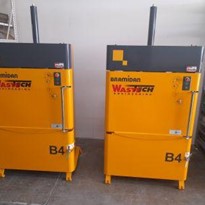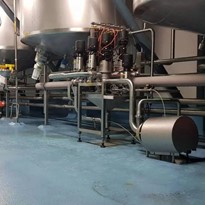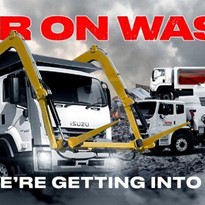There are many benefits to baling your recycling versus having material hauled away “loose”. “Loose” is a general term which includes waste in skip bins. “Baled” Material is material that is compacted in a baler, and tied using string, strapping or wire. Cardboard and plastic are the most common materials to be baled. The following is a list of common benefits of baling.
- Baled material is a source of revenue, many recycling companies will PAY YOU for your baled cardboard.
- Loose material is often an overall cost as you pay for it to be removed and for skip bin hire.
- Balers can reduce labour costs.
- Baled material reduces any possible fire hazard.
- Baled material reduces trip hazards.
- Balers significantly cheaper than Waste Compactors.
- Shipping baled material uses much less fuel, shipping loose materials requires the use of a garbage truck that will have to make several trips to a recycling centre while a baler eliminates the trips and material is shipped in greater volume.
- Baling Material allows you to track your recycling progress; you can only estimate loose quantities that are recycled.
- Baling creates clean recycling goods that will be recycled, loose recycling bins often become contaminated easily and a small amount of contaminate can make a load of recycling become rubbish.
- Sustainability!
- Balers take up less space than a full sized waste compactor.
- Balers improve recycling output, especially when balers are placed indoors.
Baling Myths:
Balers are Dangerous!
Balers are very safe. Models that are 20 to 30 years old, are sometimes not as safe and have negative reports tied to them. All new Trethewey balers are standard with many safety devices as well as safety systems that prevent operators from overriding safety devices. Trethewey Autobalers are all fitted to a Category 3 safety standard. Our top loading balers can now be fitted with a safety gate. Safer than a forklift or lift truck. Regular maintenance ensures that a baler is working properly and safely.
Do you need to store a “truckload” of bales before they can be picked up?
No, Most customers have bale pickups when they have less that 12 bales – storage space that takes up about one standard size parking space.
Does Baling increase labour?
No, it takes time to handle your waste. Baling takes up less time than throwing material away in a skip bin especially if you have to flatten all of your boxes. Using a front loading baler over manually flattening and stacking boxes produces a labour saving of 50%. Using an open top baler reduces the labour cost by 300% over a front loading waste baler.
Tying a bale is time consuming?
Tying a bale takes, on average, only 3 minutes, 8 minutes for someone new. Not 30 Minutes as some people believe.


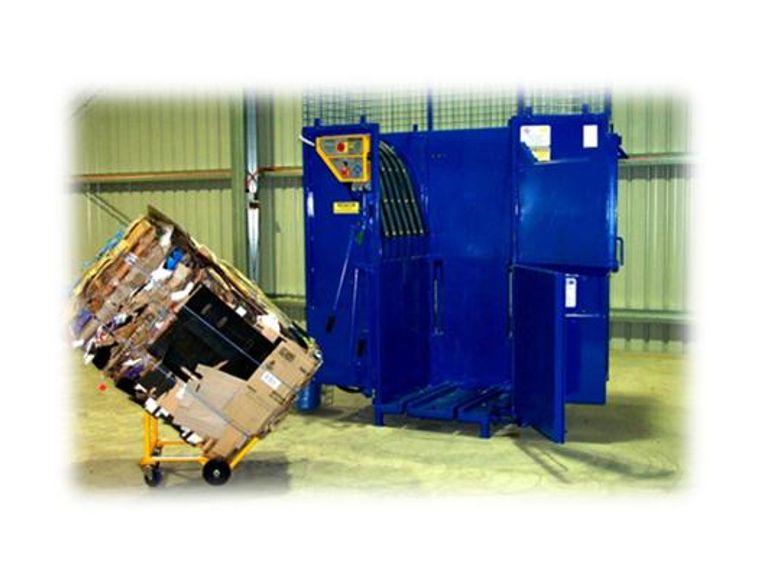



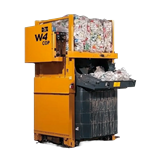


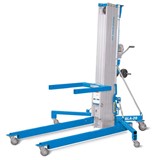
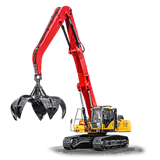
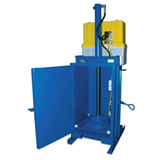


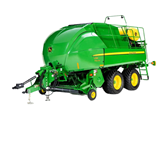
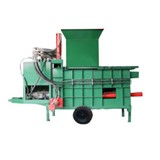





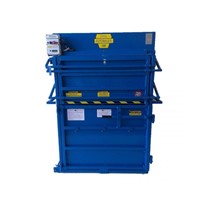

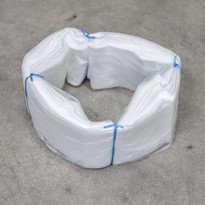

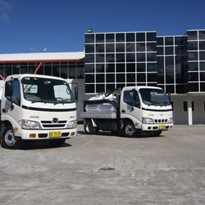
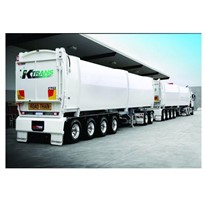


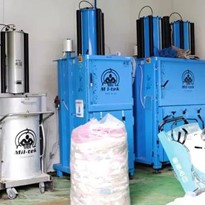

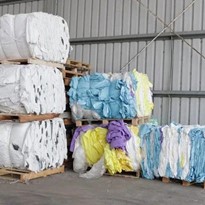
-205x205.jpg)
